BGS has secured funding to scope out options for a CO2 storage research testbed. The testbed will provide the capability to investigate knowledge gaps in geological CO2 storage as defined through review of existing infrastructure worldwide and consultations with stakeholders.
The testbed will provide an innovation platform to develop new techniques and equipment to improve monitoring, reduce costs and further enhance safe storage and open access to and sharing of data, for the benefit of the research community and storage developers.
Finally, the testbed will enable non-technical developments that are vital for underpinning future full-scale commercial systems. This includes providing evidence for policymakers and regulators, including validation that storage technologies are feasible, and to ensure data is available to allow appropriate regulation for the emerging CO2 storage industry. Crucially, the infrastructure will seek to improve public acceptance of this nascent technology by providing a publicly owned and transparent facility for future research and innovation exploration. It is not seen however as a necessary pre-cursor to full deployment which is fully expected to start in parallel to the construction of this Testbed.
Project scope for the outline design
This scoping project will identify a range of feasible location and design options that preliminary technical and permitting evidence indicate are deliverable and desirable. It will provide the evidence and confidence to make the recommendations required to inform future investment decisions, for example, by submitting a proposal to the UKRI Infrastructure Fund in summer 2021.
Objectives of the research facility
- To provide a world-class research facility to allow academia and industry to investigate issues surrounding subsea CO2 storage. The issues for investigation can be technological, economic, geological, political and environmental.
- Address the above issues through research to support the commercialisation of CO2 storage by de-risking the delivery of such solutions in the industrial clusters.
- The facility will, as far as practical, allow researchers to incorporate innovative ideas that are relevant to subsurface CO2 storage, or to facilitate the testing of innovative technologies.
Activities and deliverables
BGS will carry out the scoping and outline design work. The key to this work will be discussions with the wider community of technical stakeholders to seek advice, information and ideas that influence the design, to ensure that the final design will enable useful research to be conducted at the site.
The final deliverable for this project is a report to Natural Environment Research Council (NERC) that sets out the possible design and the business case for the research testbed. The report is to be completed by the end of June 2021.
Consultation timetable
A consultation document is now available for download and completion.
Completed responses should be sent to ccsresearch@bgs.ac.uk by 19 April 2021.
Relative topics
Latest news
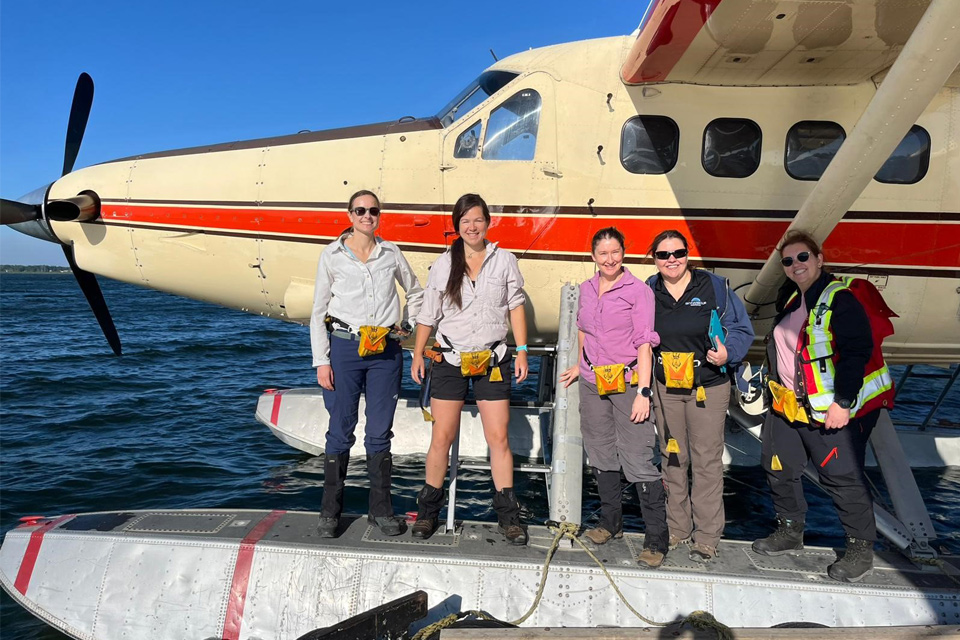
Funding awarded to UK/Canadian critical mineral research projects
08/07/2025
BGS is part of a groundbreaking science partnership aiming to improve critical minerals mining and supply chains.
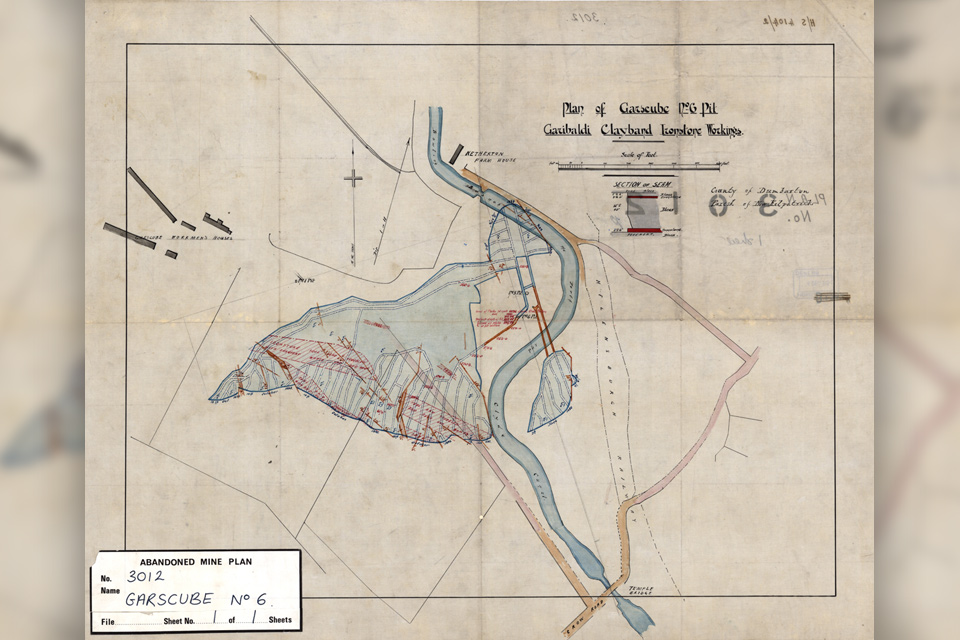
Release of over 500 Scottish abandoned-mine plans
24/06/2025
The historical plans cover non-coal mines that were abandoned pre-1980 and are available through BGS’s plans viewer.
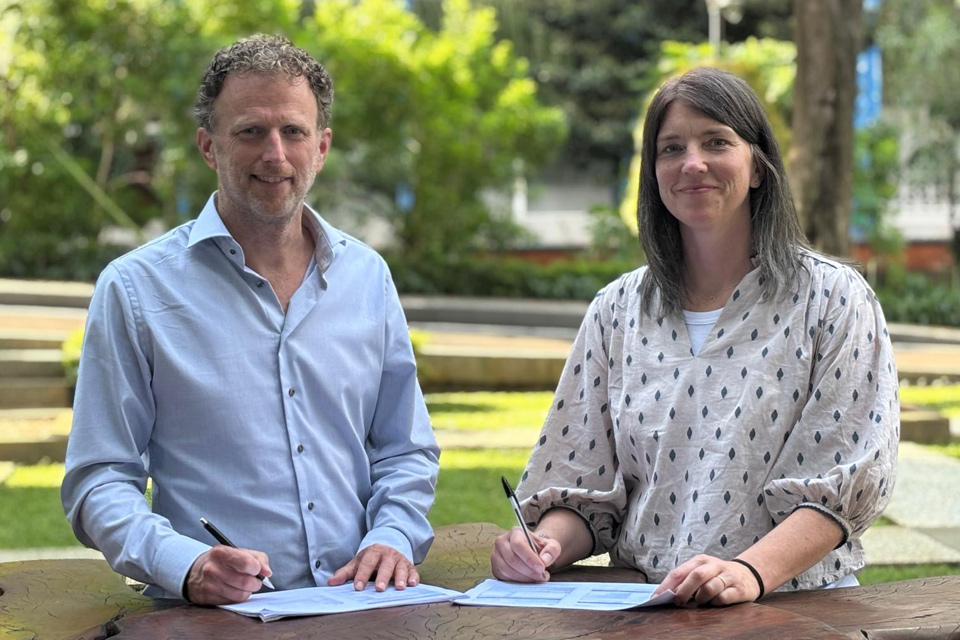
New collaboration aims to improve availability of real-time hazard impact data
19/06/2025
BGS has signed a memorandum of understanding with FloodTags to collaborate on the use of large language models to improve real-time monitoring of geological hazards and their impacts.
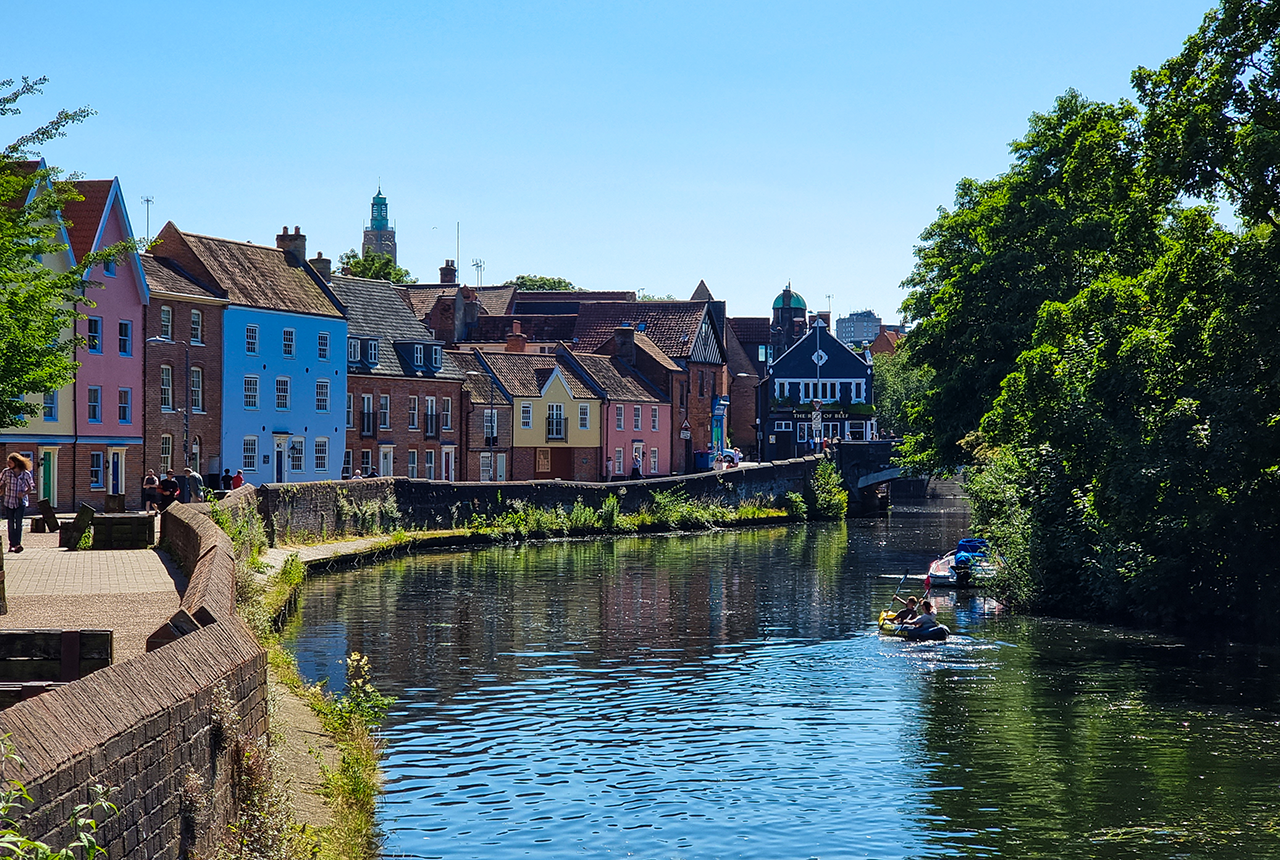
Modern pesticides found in UK rivers could pose risk to aquatic life
17/06/2025
New research shows that modern pesticides used in agriculture and veterinary medicines have been found for the first time in English rivers.

Goldilocks zones: ‘geological super regions’ set to drive annual £40 billion investment in jobs and economic growth
10/06/2025
Eight UK regions identified as ‘just right’ in terms of geological conditions to drive the country’s net zero energy ambitions.
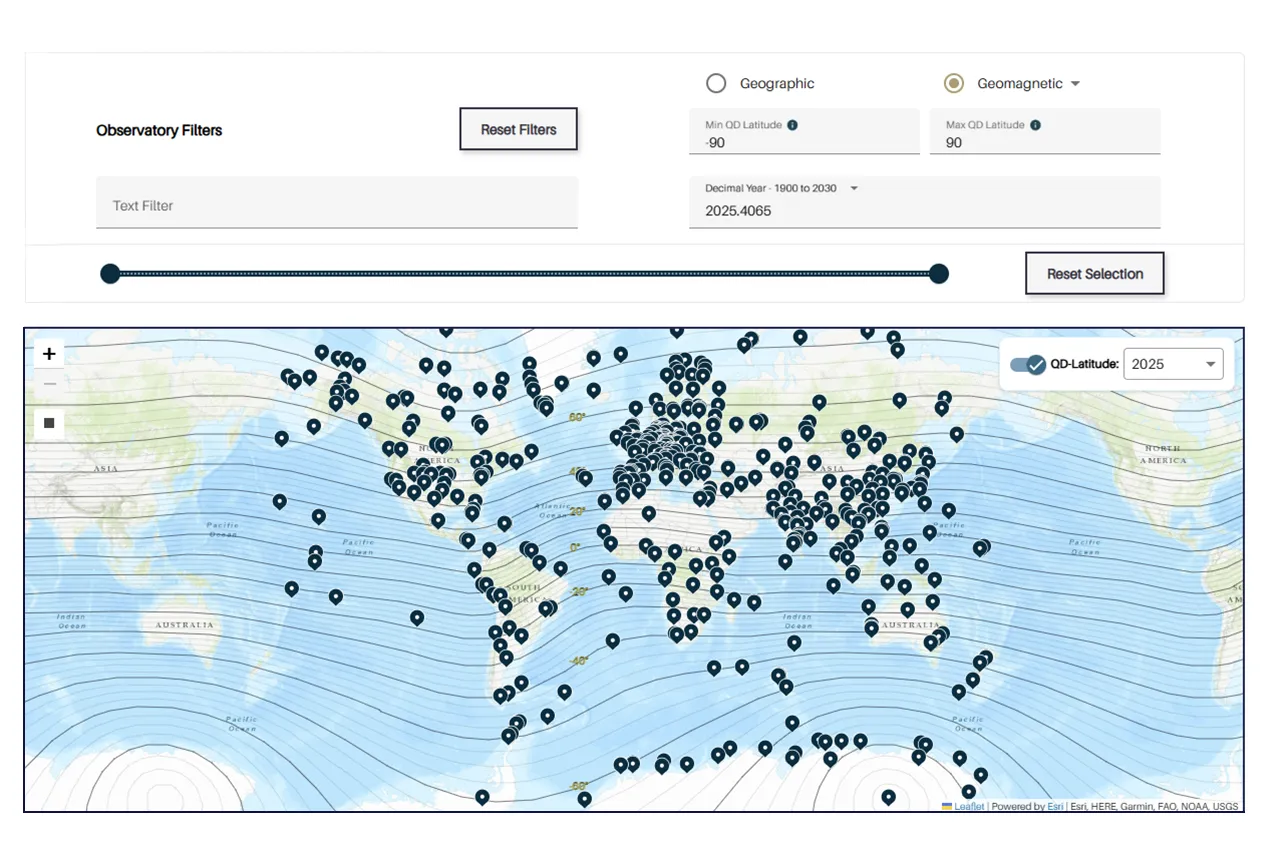
Upgraded web portal improves access to geomagnetism data
02/06/2025
BGS’s geomagnetism portal, which holds data for over 570 observatories across the world, has received a significant update.

BGS digital geology maps: we want your feedback
29/05/2025
BGS is asking for user feedback on its digital geological map datasets to improve data content and delivery.

What is the impact of drought on temperate soils?
22/05/2025
A new BGS review pulls together key information on the impact of drought on temperate soils and the further research needed to fully understand it.
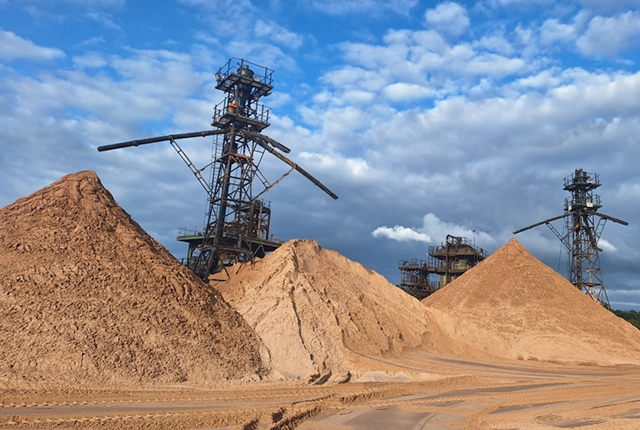
UK Minerals Yearbook 2024 released
21/05/2025
The annual publication provides essential information about the production, consumption and trade of UK minerals up to 2024.

BGS scientists join international expedition off the coast of New England
20/05/2025
Latest IODP research project investigates freshened water under the ocean floor.

New interactive map viewer reveals growing capacity and rare earth element content of UK wind farms
16/05/2025
BGS’s new tool highlights the development of wind energy installations over time, along with their magnet and rare earth content.

UKRI announce new Chair of the BGS Board
01/05/2025
Prof Paul Monks CB will step into the role later this year.

